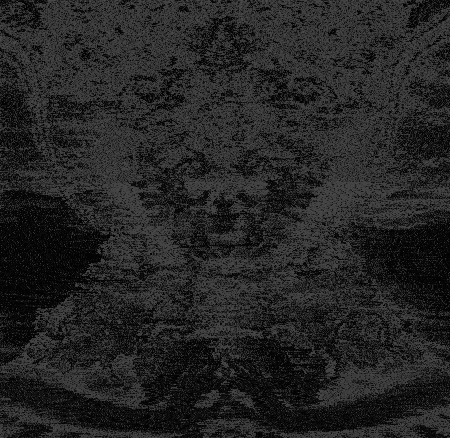Outside of medicine and the army, favored terrains of simulation, the affair goes back to religion and the simulacrum of divinity: "I forbad any simulacrum in the temples because the divinity that breaths life into nature cannot be represented." Indeed it can. But what becomes of divinity when it reveals itself in icons, when it is multiplied in simulacra? Does it remain the supreme authority, simply incarnated in images as a visible theology? Or is it volatized into simulacra which alone deploy their pomp an power of fascination-the visible machinery of icons being substituted for the pure and intelligible Idea of God? This is precisely what was feared by the Iconoclasts, whose millennial quarrel is still with us today. Their rage to destroy images rose precisely because they sensed this omnipotence of simulacra, this facility they have of effacing God from the consciousness of men, and overwhelming, destructive truth which they suggest: that ultimately there had never been any God, that only the simulacrum exists, indeed that God himself has only ever been his own simulacrum. Had they been able to believe that images only occulted or masked the Platonic Idea of God, there would have been no reason to destroy them. One can live with the idea of a distorted truth. But their metaphysical despair came from the idea that the images concealed nothing at all, and that in fact they were not images, such as the original model would have made them, but actually perfect simulacra forever radiant with their own fascination. But this death of the divine referential has to be exorcised at all cost. It can be seen that the iconoclasts, who are often accused of despising and denying images, were in fact the ones who accorded them their actual worth, unlike the iconolaters, who saw in them only reflections and were content to venerate God at one remove. But the converse can also be said, namely that the iconolaters were the most modern and adventurous minds, since underneath the idea of the apparition of God in the mirror of images, they already enacted his death and his disappearance in the epiphany of his representations (which they perhaps knew no longer represented anything, and that they were purely a game, but that this was precisely the greatest game-knowing also that it is dangerous to unmask images, since they dissimulate the fact that there is nothing behind them).

Magnus
i see you
MadCow
you see nothing but lies